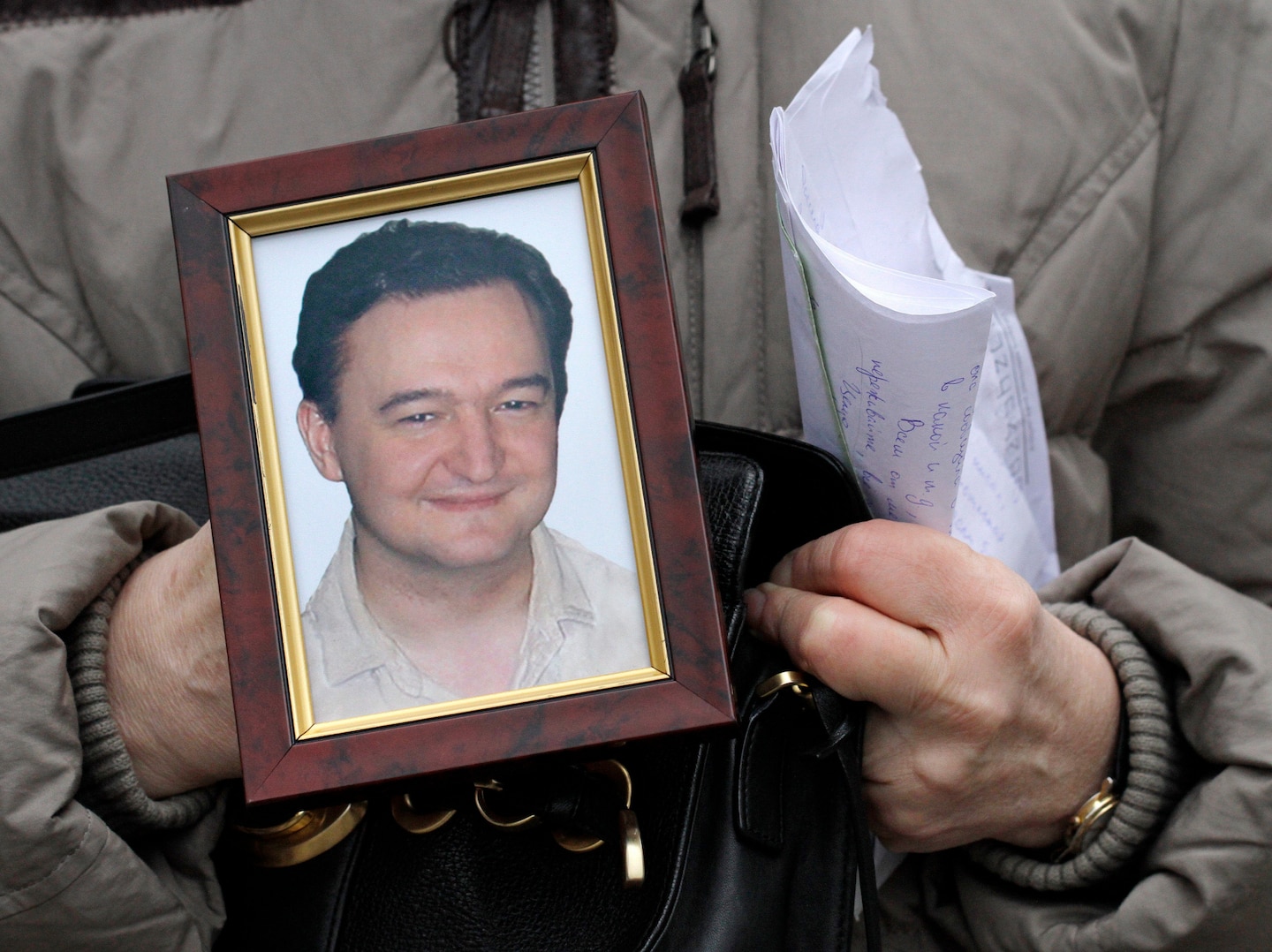Britain’s new toughness on human rights abusers is a welcome change

The foreign secretary, Dominic Raab, last week announced the first sanctions under a law similar to the Global Magnitsky Act in the United States, naming 47 individuals who will face travel restrictions and asset freezes, including 25 Russians involved with the death of Sergei Magnitsky in a Russian prison and 20 Saudis involved in the assassination of Post contributing columnist Jamal Khashoggi, among others. Mr. Raab said, “If you are a kleptocrat or an organized criminal, you will not be able to launder your blood money in this country.”
The U.S. law is named after Magnitsky, a 37-year-old tax law expert who died ill and brutalized in a Moscow prison on Nov. 16, 2009. Magnitsky had exposed Russian officials who fraudulently obtained a $230 million tax refund from their government.
The law intends to hold accountable people complicit in human rights abuses who, in the past, have often frolicked unimpeded in open societies. Britain passed the law two years ago but has now begun imposing sanctions, made possible by its exit from the European Union in January. Two of the Crown dependencies, Jersey and Guernsey — as well as the Cayman Islands, an overseas territory of the United Kingdom — have followed suit, potentially closing off important destinations for dirty cash. There are now seven countries with Magnitsky laws: the United States, Canada, Britain, Estonia, Lithuania, Latvia and Kosovo. The European Union has agreed in principle, and Australia is moving toward it.
Britain’s determination to play a more aggressive role is to be welcomed. The latest sanctions included one of President Vladimir Putin’s security officials, Alexander Bastrykin, head of the federal Investigative Committee, who is also under U.S. sanction. Do these sanctions bite? Seems like it: Soon after the British announcement, the Kremlin threatened to reciprocate.
More attention must focus on China, which is carrying out the cultural and demographic genocide of the Muslim Uighur people in Xinjiang province, the suppression of democracy in Hong Kong and systematic repression in Tibet. For the most part, sanctions have been aimed at people who execute atrocities, but what about the political leaders and overlords who enable them, such as Xinjiang party boss Chen Quanguo? The United States last week imposed sanctions and visa restrictions on Mr. Chen and other Xinjiang officials, and Britain should follow suit. So far, a certain diplomatic caution and realpolitik has spared the likes of Saudi Crown Prince Mohammed bin Salman or Hong Kong’s executive, Carrie Lam, from direct personal sanction. But are they any less responsible than the hatchet men they supervise?
Read more:






